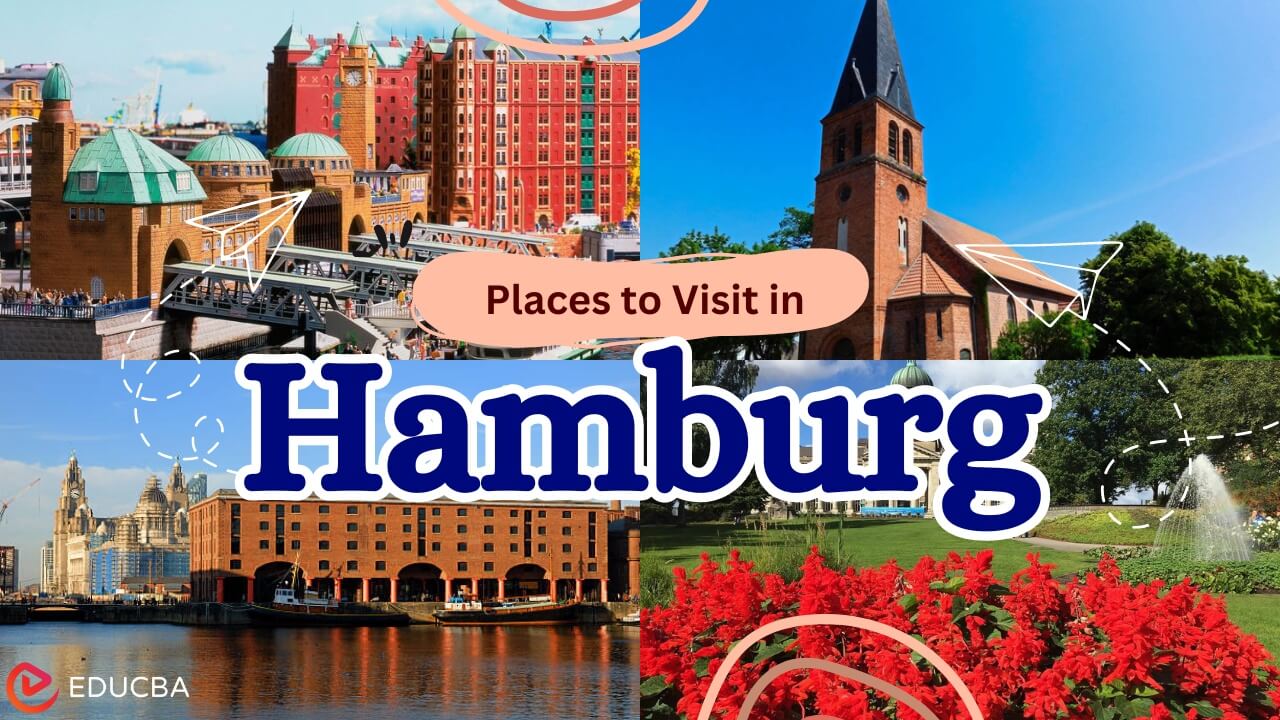
WEIGHT: 53 kg
Bust: Large
1 HOUR:120$
NIGHT: +90$
Services: Oral, Golden shower (out), Fisting anal, Massage Thai, Golden shower (in)
News Blog. Resources Multimedia Deliverables and Reports. Community Area Getting started Seminars. The 4th km-scale hackathon hosted in Hamburg by the nextGEMS project exemplified this mindset, bringing together over participants from institutions in Africa, Asia, Europe, and North America.
From March 4th to 8th, , professionals with particular backgrounds, levels of expertise, and from 16 different countries converged to further develop the existing Earth System models used in nextGEMS, as well as extrapolating current and past data to create future scenarios.

Matias Olmo, a Postdoctoral Researcher at the Barcelona Supercomputing Center, reflected on the unique opportunity the hackathon presented to integrate new scientists into the community, especially those who, like him, were attending for the first time. Specifically, he highlighted how helpful the event was to increase his understanding of how to use high-resolution data.
Other participants advanced with their modelling endeavors during the event, like Alejandro Uribe, a Postdoctoral Researcher at the Meteorological Department of Stockholm University. With each participant bringing a unique perspective and expertise to the table, the hackathon served as a melting pot of ideas, propelling Earth System Modeling and Climate Science forward.

At the same time, the event demonstrated the power of collaboration, diversity, and community in scientific work. For instance, it was found that the Arctic sea-ice holes in the ICON model — an issue that was at the center of attention during the last days -were caused by an error, whereby the ocean does not lose momentum to the sea ice. The role of ocean eddies and tropical cyclones on the carbon cycle were also explored in a novel one-year simulation with ocean biogeochemistry.


































